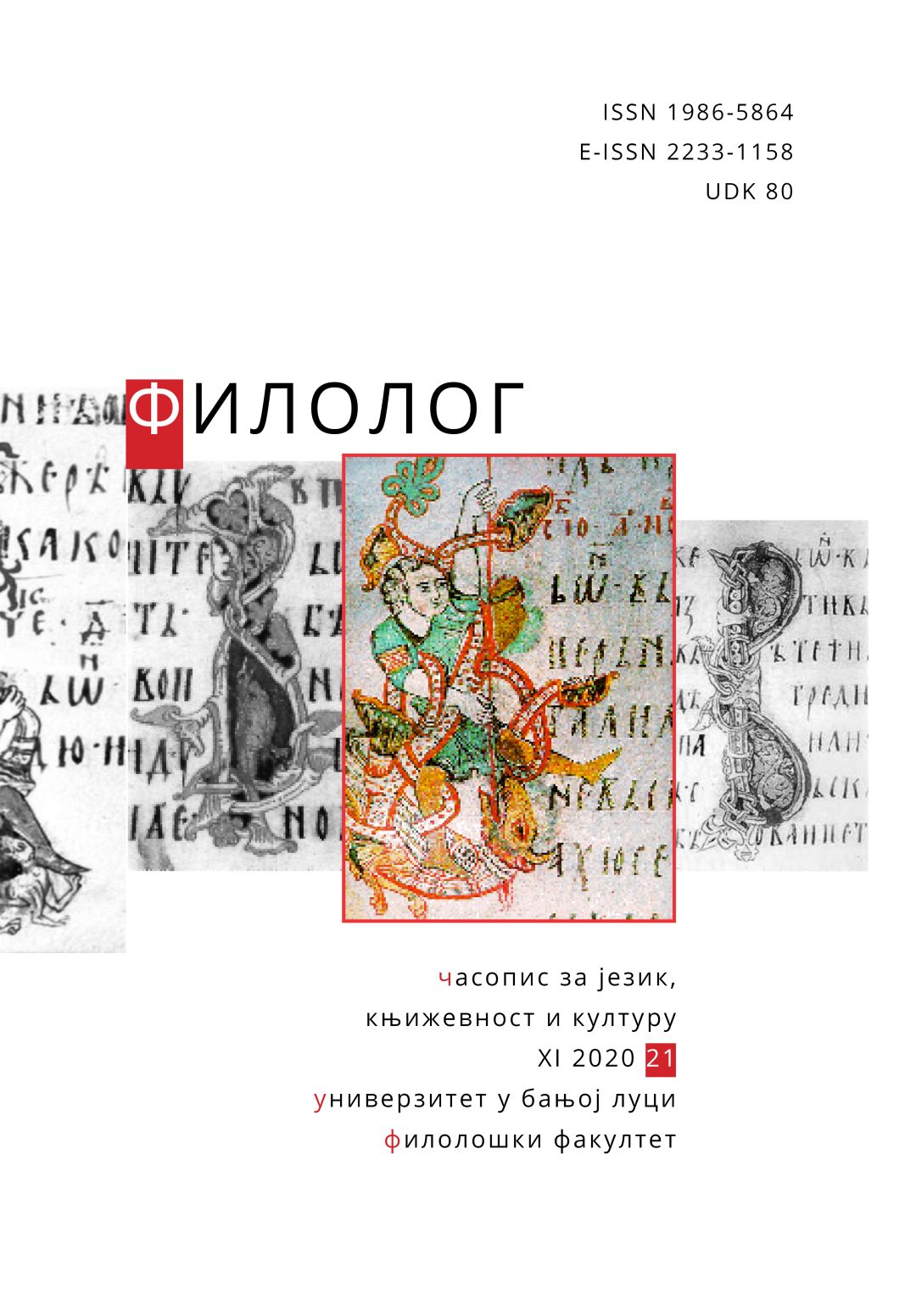Кругови тумачења, аналитички путокази. Критика критичке прозе А. Б. Шимића
Circles of Interpretation, Analytical Signposts. Criticism of the critical prose of A. B. Šimić
Author(s): Jovan PejčićSubject(s): Language and Literature Studies, Literary Texts, Studies of Literature, Comparative Study of Literature, Croatian Literature, Serbian Literature, Theory of Literature
Published by: Филолошки факултет Универзитета у Бањој Луци
Keywords: Critical prose of A. B. Šimić; literary polygraph; theory of criticism; status of criticism and essay writing; Yugoslav (Croatian and Serbian) reception;
Summary/Abstract: Poetry can do without the authorial aside. Yet, this is true for all literary genres. What happens, though, with poets’ critical pieces when these pieces – structured in order to highlight, in general theoretical terms, either an aesthetic phenomenon or a cluster of generic artistic features – surpass the realm of self-reflective ambitions of the poets themselves? In that case, we talk about a versatile or prolific author. The multi-directional nature of that agency, its dialectical essence, implies a possibility of autonomous existence of critical forms of expressing stances and judgments, independently of poets’ personal poetic standards. It is A. B. Šimić’s oeuvre that presents a fertile ground for discussing this complex issue of literary onto-theory: the history of reception of integral, that is, a separate study and evaluation of his poetry/ critical prose, proves in valid terms both uncertainty and arbitrariness in anti-theoretical approaches up to date to critical pieces of artists (in Serbian poetry, Šimić’s counterparts in this respect are poets Laza Kostić, Momčilo Nastasijević, and Miodrag Pavlović). This study tendency demands another segment of general discursive practice of literary critics be clarified. It is a constant conflict between principal interpretative concepts, so-called leading/major literary paradigms. With regard to this, the cognitive-logical power and aesthetic-critical integrity of the interpreter of the aforementioned relations come forward. Consequently, this is fully visible in the way A. B. Šimić’s status of critical prose changes in the Yugoslav and, in particular Croatian, literature of the 20th century.
Journal: Филолог – часопис за језик, књижевност и културу
- Issue Year: 2020
- Issue No: 21
- Page Range: 284-303
- Page Count: 20
- Language: Serbian

